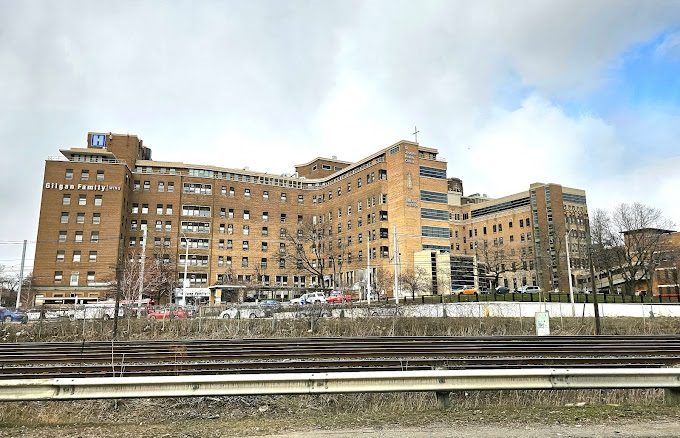
FORT ST. JOHN, B.C. — Minister of Health Adrian Dix says emergency room closures like the one impacting the Fort St. John Hospital Thursday are often a result of one or two people not being able to come into work.
Northern Beat founder Fran Yanor asked Dix questions for Energeticcity during an interview Thursday afternoon. The interview comes after Fort St. John’s hospital closed its emergency department from 9:00 a.m. to 8:00 p.m. on May 2nd due to “challenges with physician coverage.”
“I think what happens on individual days is we are dependent from time to time on one or two people,” Dix said.
“When we don’t have a standard, we can’t keep the emergency room open, and that’s what happened [Wednesday, May 1st]. In Fort St. John, it happened very late in the process. People called in and were unable to come work, which is absolutely legitimate, but we had to take that decision, and Northern Health had to take that decision, as a result.”
Dix said one initiative the province is using to try to stop closures caused by limited staffing is employing teams of “locums,” doctors and nurses who can fill in for others at a regional level.
A locum is a person who temporarily fulfills the duty of another.
In a statement provided to Energeticcity, Northern Health said locum workers are part of its strategy to improve overall staffing.
“In Fort St. John, we are continuing to aggressively recruit among local and locum physicians and have recently identified additional local physicians with an interest in potentially providing emergency department coverage,” the health authority said.
“Work is ongoing to refine incentives and other supports to make emergency department coverage more attractive to both local medical staff and available locum



























